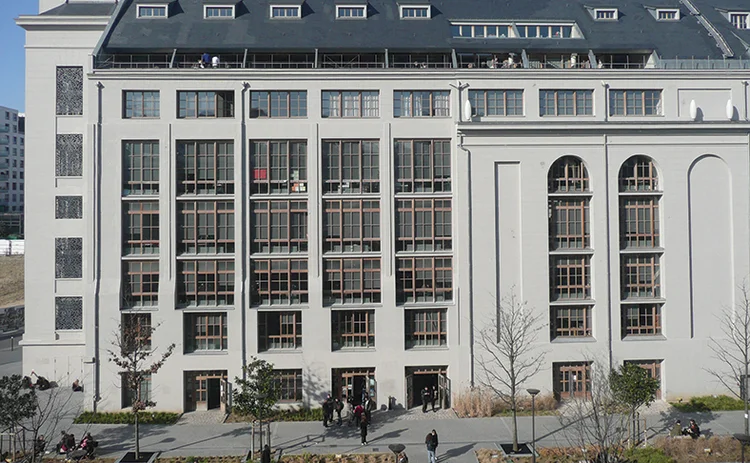
Quant Guide 2020: University of Paris
Paris, France

The Master in Statistics, Probability and Finance course has a new home in 2020. Its former locale, Paris Diderot University, is no more – in 2019 it merged with Paris Descartes University to form the University of Paris (not to be confused with the original University of Paris – often referred to as the Sorbonne – which in 1970 was divided into 13 colleges, including Paris Diderot and Paris Descartes)*.
Professor of mathematics Huyên Pham continues to supervise the degree. The programme is known as an M2, or ‘second-year’ master’s programme, designed for students who already have a master’s qualification of some sort. International students, the programme reports, normally attend after earning a graduate degree in mathematics or a related field. It takes a year to complete, including a five- or six-month internship.
Two tracks are available: a data science track, focused on statistics and big data; and a finance track, prioritising advanced quantitative finance topics. Core modules are taken regardless of specialisation, and they include classes in stochastic calculus and diffusion processes, Markov chains, machine learning and data modelling.
The programme’s cohort of 67 students is of a similar size to that of the previous year. It has 38 teaching staff, nine of whom have an industry affiliation. Its six-month average employment rate in financial services remains at a solid 90% over the prior four years.
*To complicate matters further, another Sorbonne programme makes this year’s quant guide: a joint degree offered by Sorbonne University – itself a combination of another two of those 13 colleges – and the Ecole Polytechnique.
Only users who have a paid subscription or are part of a corporate subscription are able to print or copy content.
To access these options, along with all other subscription benefits, please contact info@risk.net or view our subscription options here: http://subscriptions.risk.net/subscribe
You are currently unable to print this content. Please contact info@risk.net to find out more.
You are currently unable to copy this content. Please contact info@risk.net to find out more.
Copyright Infopro Digital Limited. All rights reserved.
As outlined in our terms and conditions, https://www.infopro-digital.com/terms-and-conditions/subscriptions/ (point 2.4), printing is limited to a single copy.
If you would like to purchase additional rights please email info@risk.net
Copyright Infopro Digital Limited. All rights reserved.
You may share this content using our article tools. As outlined in our terms and conditions, https://www.infopro-digital.com/terms-and-conditions/subscriptions/ (clause 2.4), an Authorised User may only make one copy of the materials for their own personal use. You must also comply with the restrictions in clause 2.5.
If you would like to purchase additional rights please email info@risk.net
More on Quantitative finance
Quant Finance Master’s Guide 2026
Risk.net’s guide to the world’s leading quant master’s programmes, with the top 25 schools ranked
Baruch, Princeton cement duopoly in 2026 Quant Master’s Guide
Columbia jumps to third place, ETH-UZH tops European rivals
Quant Finance Master’s Guide 2025
Risk.net’s guide to the world’s leading quant master’s programmes, with the top 25 schools ranked
Baruch maintains top spot in 2025 Quant Master’s Guide
Sorbonne reclaims top spot among European schools, even as US salaries decouple
Quant Finance Master’s Guide 2023
Risk.net’s guide to the world’s leading quant master’s programmes, with the top 25 schools ranked
Baruch topples Princeton in Risk.net’s quant master’s rankings
US schools cement top five dominance as graduate salaries soar
Is it worth doing a quant master’s degree?
UBS’s Gordon Lee – veteran quant and grad student supervisor – asks the hard question
Starting salaries jump for top quant grads
Quant Guide 2022: Goldman’s move to pay postgrads more is pushing up incomes, says programme director







